Better regional cooperation, more investors
A conference was held in Belgrade on Thursday dubbed South East Europe - Region With a Favorable Business Environment.
Thursday, 23.02.2012.
11:24

A conference was held in Belgrade on Thursday dubbed South East Europe - Region With a Favorable Business Environment. Economic integration of Southeast Europe, removal of customs barriers, a more efficient legal system and well developed infrastructure are necessary to improve the business environment in the region and attract investors, participants said. Better regional cooperation, more investors Officials of Serbia, Macedonia, Bosnia-Herzegovina, the Serb Republic and Croatia signed Thursday a Memorandum of Cooperation on the regional municipal certification program, with the aim to enhance the business environment and attract investments in Southeast Europe. Serbian Prime Minister Mirko Cvetkovic said at the conference Serbia was the regional leader in the amount of direct foreign investments last year, which exceeded USD 2 billion, and that many of these investments will show effects this year in higher production, export and employment. The prime minister said the government had set aside considerable budget funds for subsidies to investors, with the goal of enabling unimpeded financing of ongoing projects and attracting new investments. Serbian Minister of Environment, Mining and Spatial Planning Oliver Dulic said that in the process of regional and European integration it is necessary to build an administrative infrastructure, adding that all the countries of the region face inherited bad administration, the reform of which is necessary in the times of the global crisis. German Ambassador to Serbia Wolfram Maas said the pace of Serbia's EU integration does not depend solely on settling political issues, but on economic and social development as well. Maas stated that investments were necessary for economic development and that local governments played the key part in that, while the national government participated by creating a good legal framework, predictable legal system and suitable infrastructure. Chairman of the Managing Board of the National Alliance for Local Development Vladimir Cupic thinks stronger economic cooperation in the region, bigger markets and the implementation of free trade agreements, like the Central European Free Trade Agreement, are the way to faster development in the global economic crisis. Other participants agree that bad administration is an obstacle to creating a more attractive business climate in the countries of the former Yugoslavia and believe regional cooperation should be improved. Bosnia-Herzegovina's Minister of Development, Entrepreneurship and Crafts Sanjin Halimovic thinks the obstacles to the region's development are still political and that dialogue is lacking, while meetings like the one on Thursday are a good way for the countries of the region to open to each other. Serb Republic (RS) Minister of Finance Zoran Tegeltija said the countries of the region had been creating needless non-tariff barriers between each other, which obstructed cooperation, and added they were unable to agree on joint projects. Macedonia's State Secretary for Economy Ance Trifunov said the region's economies were compatible and should strive together to integrate into the European and global markets. He thinks removing technical barriers is one of the ways to that goal. The one-day conference is attended by government officials, other officials and mayors from Serbia, Macedonia, Bosnia-Herzegovina and Croatia, as well as ambassadors appointed to Belgrade. (Tanjug) Tanjug
Better regional cooperation, more investors
Officials of Serbia, Macedonia, Bosnia-Herzegovina, the Serb Republic and Croatia signed Thursday a Memorandum of Cooperation on the regional municipal certification program, with the aim to enhance the business environment and attract investments in Southeast Europe.Serbian Prime Minister Mirko Cvetković said at the conference Serbia was the regional leader in the amount of direct foreign investments last year, which exceeded USD 2 billion, and that many of these investments will show effects this year in higher production, export and employment.
The prime minister said the government had set aside considerable budget funds for subsidies to investors, with the goal of enabling unimpeded financing of ongoing projects and attracting new investments.
Serbian Minister of Environment, Mining and Spatial Planning Oliver Dulić said that in the process of regional and European integration it is necessary to build an administrative infrastructure, adding that all the countries of the region face inherited bad administration, the reform of which is necessary in the times of the global crisis.
German Ambassador to Serbia Wolfram Maas said the pace of Serbia's EU integration does not depend solely on settling political issues, but on economic and social development as well.
Maas stated that investments were necessary for economic development and that local governments played the key part in that, while the national government participated by creating a good legal framework, predictable legal system and suitable infrastructure.
Chairman of the Managing Board of the National Alliance for Local Development Vladimir Čupić thinks stronger economic cooperation in the region, bigger markets and the implementation of free trade agreements, like the Central European Free Trade Agreement, are the way to faster development in the global economic crisis.
Other participants agree that bad administration is an obstacle to creating a more attractive business climate in the countries of the former Yugoslavia and believe regional cooperation should be improved.
Bosnia-Herzegovina's Minister of Development, Entrepreneurship and Crafts Sanjin Halimović thinks the obstacles to the region's development are still political and that dialogue is lacking, while meetings like the one on Thursday are a good way for the countries of the region to open to each other.
Serb Republic (RS) Minister of Finance Zoran Tegeltija said the countries of the region had been creating needless non-tariff barriers between each other, which obstructed cooperation, and added they were unable to agree on joint projects.
Macedonia's State Secretary for Economy Ance Trifunov said the region's economies were compatible and should strive together to integrate into the European and global markets. He thinks removing technical barriers is one of the ways to that goal.
The one-day conference is attended by government officials, other officials and mayors from Serbia, Macedonia, Bosnia-Herzegovina and Croatia, as well as ambassadors appointed to Belgrade.










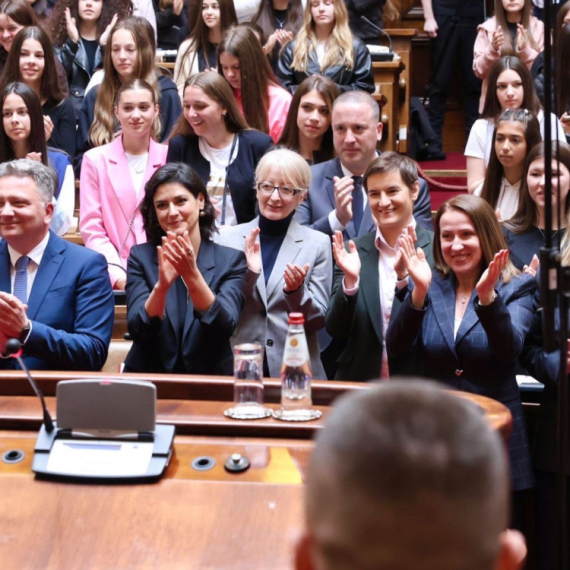




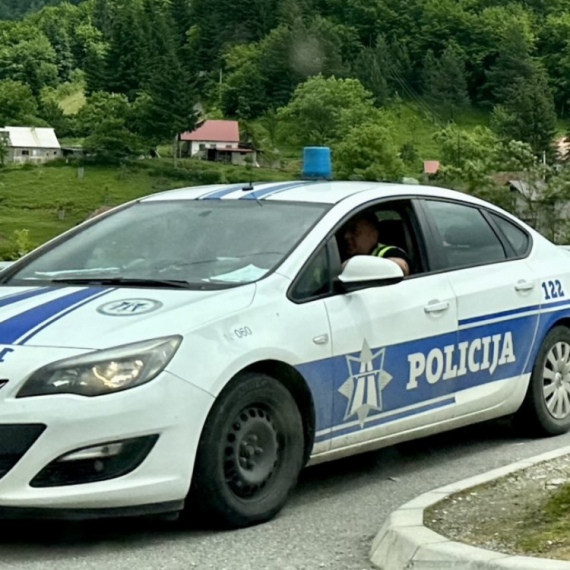
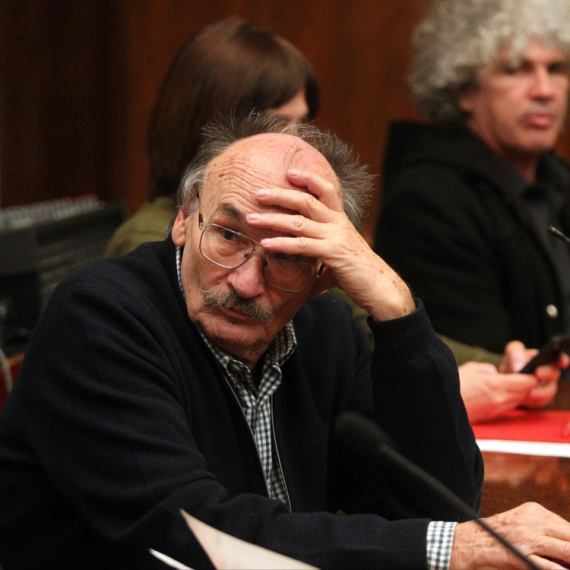
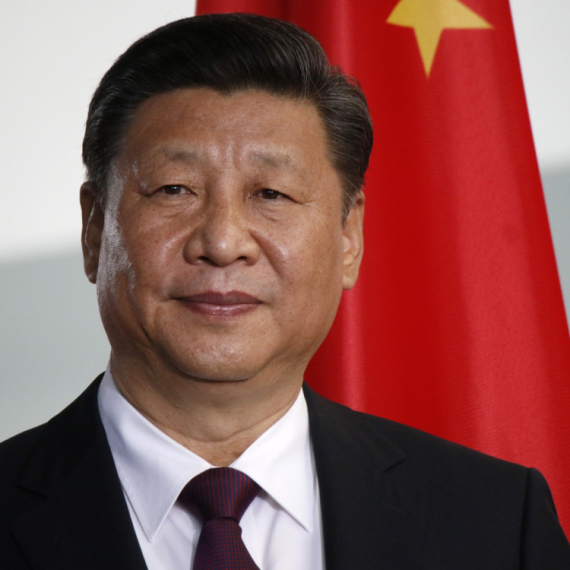
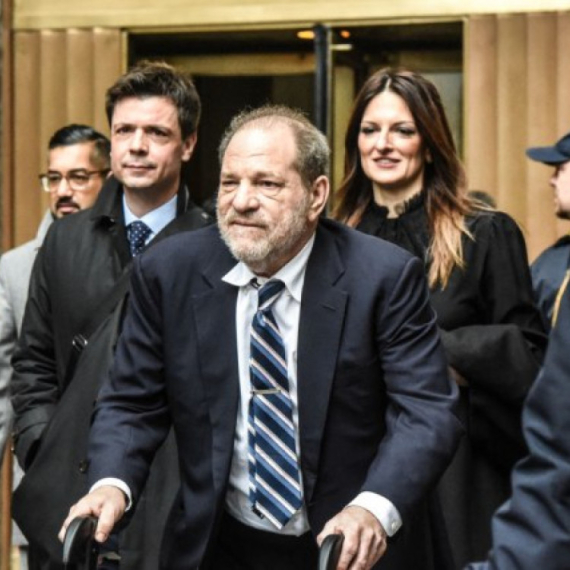




















Komentari 3
Pogledaj komentare